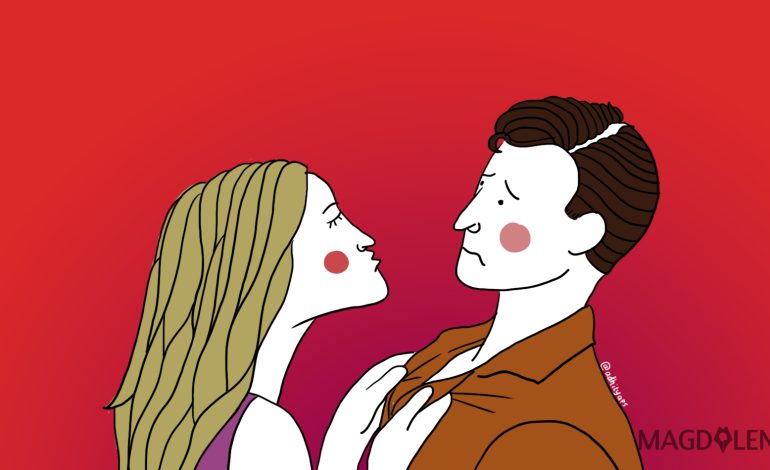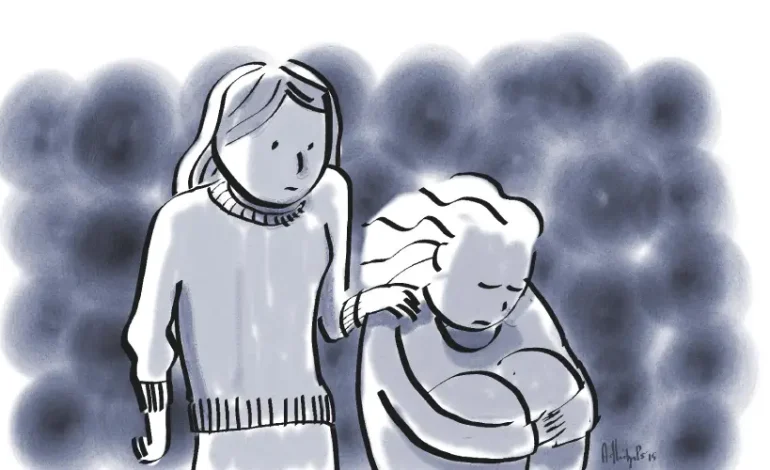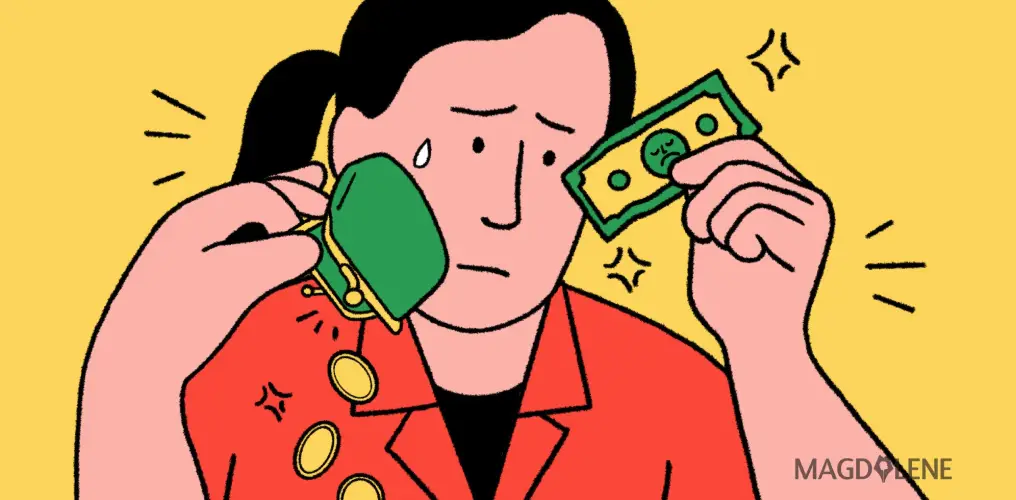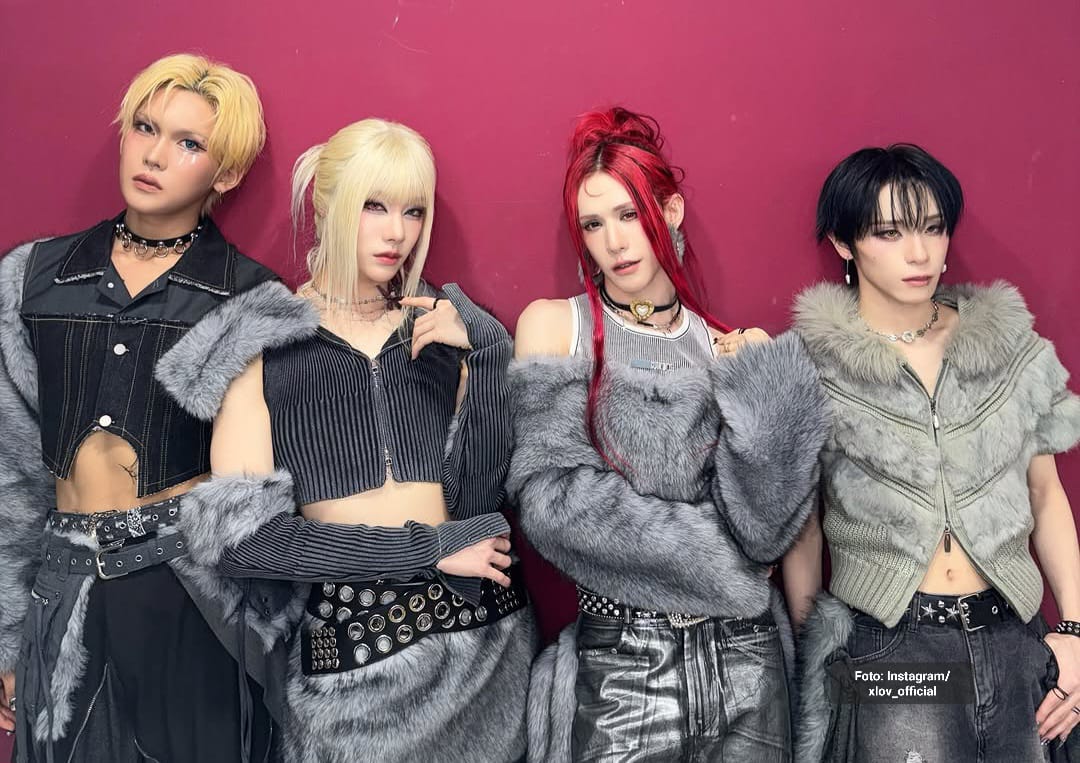Why Are Some Men Attracted to Rape?
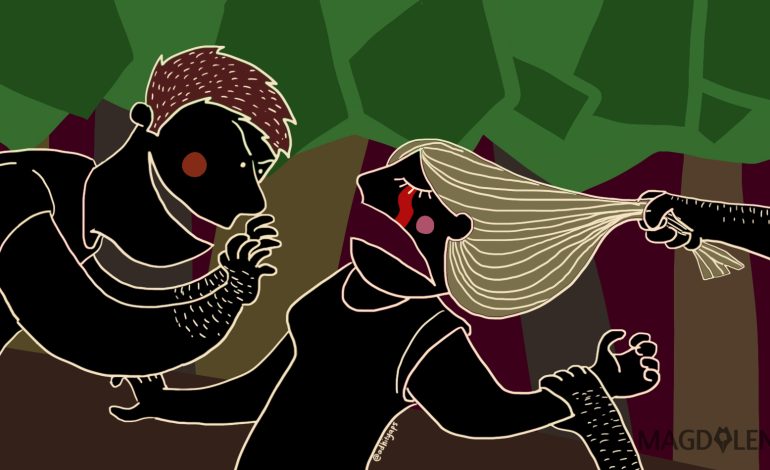
One of my introductory books to feminism is Laura Bates’ Everyday Sexism. It is a collection of online testimonies made largely by British women on sexist acts and remarks they experienced at daylight.
Twelve years olds heard their classmates discussing which girls they would rape. Construction workers and pensioners tried to grope women riding bicycles at eight a.m. Demeaning headlines on female public figures printed extra large in morning papers. And, finally, rape and murder threats received by Laura Bates for making the ES project.
These incidents happened in 2010s’ Britain, a developed country that had accepted some female writers, inventors, and policy makers in the 19th century. Britain has comprehensive sex education and sensible media like The Guardian and BBC. So how come so many British men are still as sexist as Indonesian men?
Feminism labels the culture that celebrates machismos and tolerates degradation of women as rape culture, and it is not a surprise that feminists worldwide believe that rape culture is still alive in their country. In the United Kingdom, it lives in tabloid newspapers and free-to-air television. It is practiced by both jocks and geeks in schoolyards. Influential men like Richard Dawkins and Stephen Fry have defended it.
If that is the situation in the UK, then it is much worse in Indonesia. The gang rape and murder in Bengkulu was part of the acute problem of sexual violence in Indonesia.
It has been five years since Bina Nusantara student Livia was raped and killed in the heart of Jakarta. It’s been five years since then Jakarta Governor Fauzi Bowo apologized for suggesting that mini skirt encourages rape on public transport. Livia was wearing a professional suit for an interview on the day of her death, but that did not stop people online from deducting that she must have worn revealing clothes, since she was Chinese.
During the campaign to shed light on the latest gang rape and murder of Yuyun, feminists in Indonesia and overseas were perplexed about that there was not much of a public outrage in Jakarta, compared to that in New Delhi after the death of Jyoti Singh. Unlike Yuyun, Jyoti was an urban student, and the demonstrations were led by the metropolis middle class who sympathized with her. But despite global attention and law amendment, more gang rapes followed over the next four years, partly because India had been on international spotlight, and eerily because the case attracted more copycat crimes.
I have a confession: I enjoyed reading rape porn. Of course romantic porn is more enjoyable and fulfilling, but it is more difficult to find than the narrative that involves coercion and violence. As there are worries that pornography is getting more violent, I find it easier to create my own consensual porn fiction than finding them online.
Most feminists believe that rape is nothing to do with sex, as it is about the exercise of patriarchal power. It is true that heterosexual rape fiction is popular because the male character(s) could overcome the female character by force and dominate her. But what I enjoyed from the consumption of rape fiction was not the violence or power fantasy, but the aggressive sexual act itself.
Perhaps for men sex does not have to be consensual. Human, like some other primates, knows that it is more efficient to gain something through violence than through peaceful means. I was attracted to the Pick-Up Artist (PUA) subculture because I thought it was a dating school.
Once participants to a PUA program realized that it’s about accumulating one-night stands instead of grooming them to get and nurture a relationship, many keep on with the program, believing that it is better to have sex with multiple women instead of dating one woman. They seek sex with an attractive woman and recognition from other men and women afterward. After all, global culture honors playboys throughout the history.
There are so many reasons why men rape. I suspect the rapists of Chinese-Indonesian women in the May 1998 riots did it out of hatred and sadism. Their organizers did it out of religious and ethnic hatred and military calculation – just like why Serb and Hutu militias raped Bosnian and Tutsi women respectively three years before that. Several communities around the world and criminal gangs worldwide prescribe gang rape as punishment against women. It is designed to maintain the power structure, though the rapists may do it out of lust.
Rape is supposed to be treated by the law and the public like murder or corruption, but it is not the case. Indonesia and many other Asian countries use patronizing euphemism when discussing a rape case, while, at the same time, treat the crime as a pornographic story.
Under the guises of religion and moral code, men believe that rape is a delinquency (or a crisis of honor to be defused, hence the thought to “wed” the rapist and the survivor before a blood feud happening), while women believe that rape is something that happens to other women in other social groups.
While the recent campaign has successfully made sexual violence a national topic, many responses are typically Indonesian. Alcohol is blamed, and while there is agreement that alcohol addiction needed to be addressed, the popular idea in Indonesia is to ban it.
Pornography is blamed again, and religious education is prescribed as the solution. The very Indonesian reaction is to propose death penalty or castration, while what is needed is better law on sexual violence and a “mental revolution” for men.
I am pessimistic with the ability of Indonesian police and court to bring justice to rape victims and to respect the survivors. I am not sure that Indonesians really want to know the truth of May 1998. The struggle to end rape culture is strong in the West, yet still far from being victorious. If so many people in the First World still trivialize rape, what chance does Indonesia have?
Read Mario’s take on child abuse in Indonesia and follow @mariorustan on Twitter.
To continue the conversation and support the campaign against sexual violence, visit campaign.com/mulaibicara.

